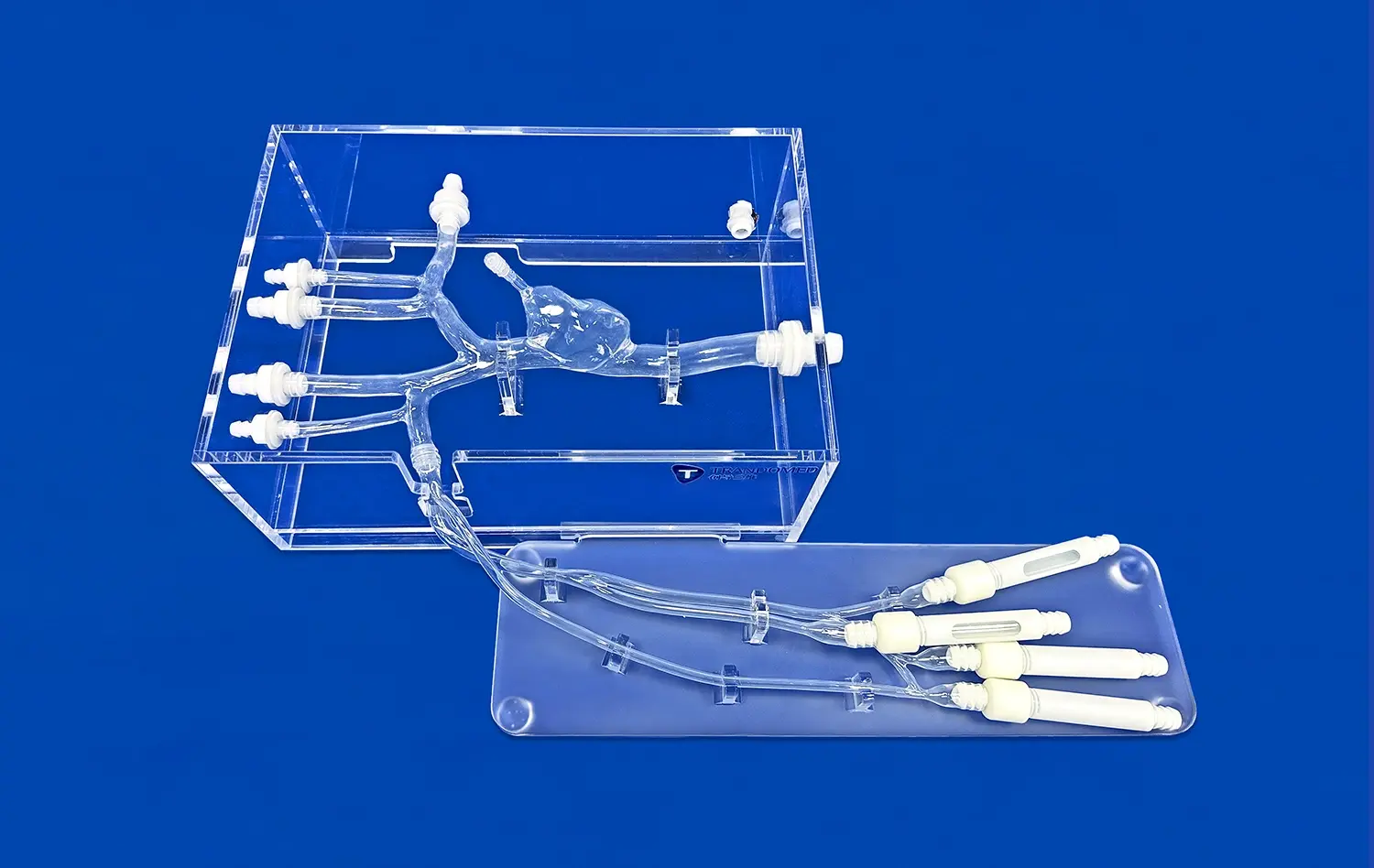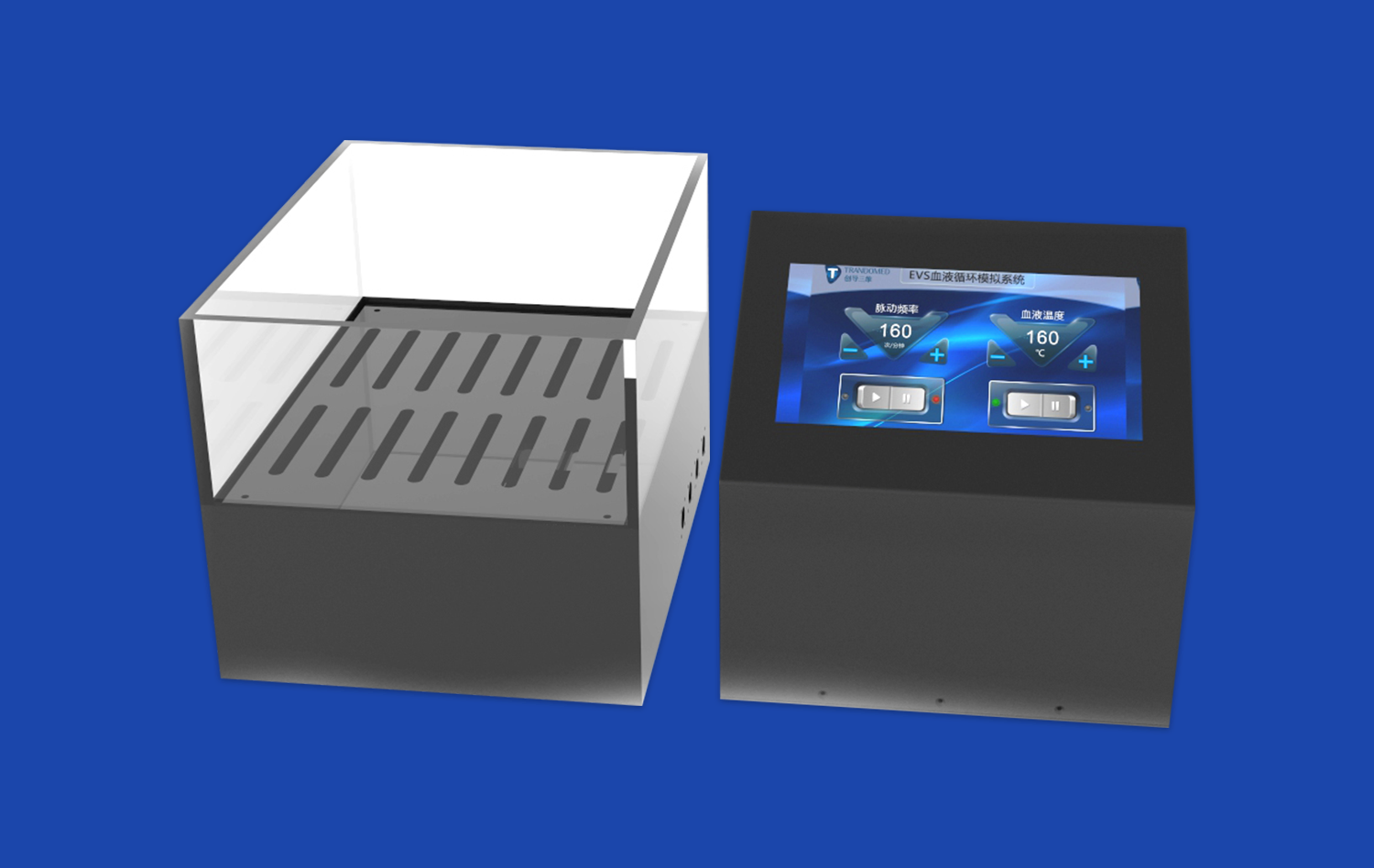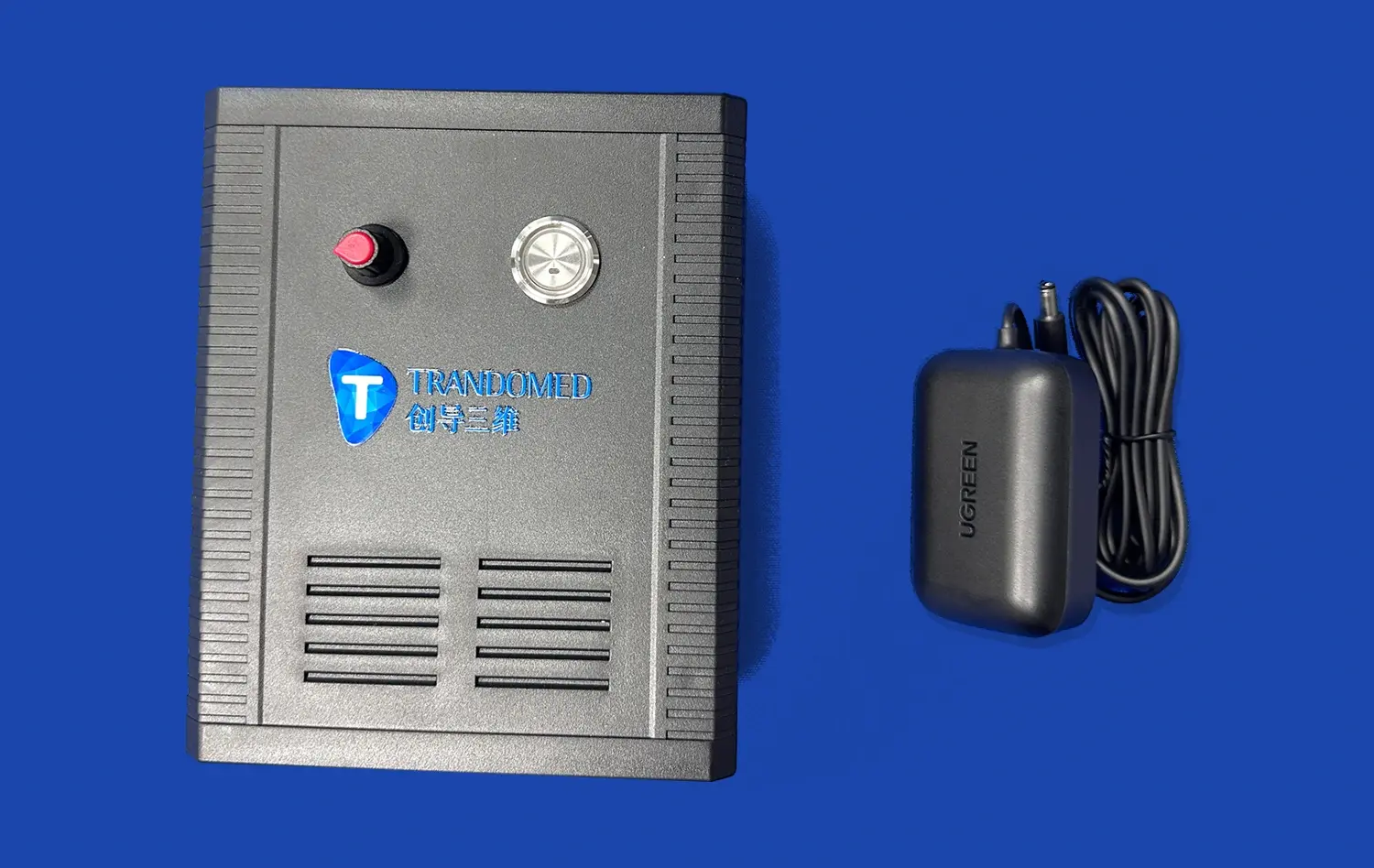Key Advantages of the Artificial Heart Pump for Advancing Cardiac Surgery
2025-06-27 09:00:00
The artificial heart pump has revolutionized the field of cardiac surgery, offering a multitude of benefits that significantly enhance surgical outcomes and patient care. This innovative device provides crucial advantages in simulating realistic cardiovascular conditions, allowing surgeons to refine their techniques and improve overall surgical precision. By replicating pulsatile flow, offering superior hemodynamic control, and incorporating advanced temperature regulation, artificial heart pumps have become indispensable tools in cardiac surgical training and research. These key features contribute to more accurate physiological modeling, enabling surgeons to better prepare for complex procedures and ultimately advancing the field of cardiac surgery.
Realistic Pulsatile Flow for Enhanced Surgical Simulation
Mimicking Natural Cardiovascular Dynamics
One of the most significant advantages of modern artificial heart pumps is their ability to generate realistic pulsatile flow. This feature closely mimics the natural beating of a human heart, providing surgeons with a more authentic environment for training and procedural practice. The pulsatile nature of the flow allows for a more accurate representation of blood movement through the cardiovascular system, enabling medical professionals to observe and interact with simulated cardiac conditions that closely resemble those encountered in real patients.
The importance of pulsatile flow in surgical simulation cannot be overstated. It allows surgeons to experience the dynamic nature of blood flow during various cardiac procedures, including valve replacements, coronary artery bypass grafting, and complex congenital heart defect repairs. This level of realism is crucial for developing and refining surgical techniques, as it presents challenges similar to those faced in actual operating rooms.
Enhancing Procedural Accuracy and Skill Development
By incorporating realistic pulsatile flow, artificial heart pumps significantly enhance the accuracy of surgical simulations. This improved fidelity translates to better skill development among cardiac surgeons, particularly those in training. The ability to practice procedures under conditions that closely mirror real-life scenarios allows for more effective learning and retention of surgical techniques.
Moreover, the pulsatile flow feature enables surgeons to better understand the impact of their actions on blood flow dynamics during procedures. This insight is invaluable for developing strategies to manage potential complications and optimize surgical outcomes. The realistic nature of the simulation also helps in building confidence and muscle memory, which are crucial for performing complex cardiac surgeries with precision and efficiency.
Improved Hemodynamic Control to Refine Surgical Technique
Precision in Blood Flow Management
Another key advantage of advanced artificial heart pumps is the improved hemodynamic control they offer. This feature allows for precise management of blood flow parameters, enabling surgeons to simulate various physiological and pathological conditions with remarkable accuracy. The ability to fine-tune factors such as flow rate, pressure, and volume provides an unparalleled platform for refining surgical techniques and exploring innovative approaches to cardiac procedures.
Hemodynamic control in artificial heart pumps facilitates the recreation of specific cardiac conditions, from normal physiological states to complex pathologies. This versatility is invaluable for surgical planning and technique refinement. Surgeons can practice procedures under a wide range of hemodynamic scenarios, preparing them for the diverse challenges they may encounter in clinical practice.
Customization for Diverse Surgical Scenarios
The advanced hemodynamic control capabilities of modern artificial heart pumps allow for customization of surgical scenarios to meet specific training or research needs. This level of adaptability is crucial for addressing the unique challenges presented by different cardiac conditions and patient profiles. Surgeons can adjust parameters to simulate various pathological states, such as hypertension, hypotension, or arrhythmias, providing a comprehensive training experience that covers a broad spectrum of cardiac surgery scenarios.
Furthermore, the ability to precisely control hemodynamic parameters enables more accurate assessment of surgical interventions. Surgeons can observe in real-time how their actions affect blood flow and pressure, allowing for immediate feedback and iterative improvement of techniques. This feature is particularly valuable for developing and testing new surgical approaches or evaluating the effectiveness of novel medical devices in a controlled, risk-free environment.
Advanced Temperature Regulation for More Accurate Physiological Modeling
Simulating Thermal Conditions in Cardiac Surgery
The incorporation of advanced temperature regulation in artificial heart pumps marks a significant leap forward in physiological modeling for cardiac surgery simulation. This feature allows for the precise control and manipulation of temperature within the simulated cardiovascular system, mirroring the thermal conditions encountered during actual surgical procedures. The ability to accurately replicate temperature variations is crucial, as it directly influences blood viscosity, coagulation processes, and tissue response during cardiac interventions.
Temperature regulation in artificial heart pumps enables surgeons to practice procedures under various thermal scenarios, including normothermia, mild hypothermia, and deep hypothermic circulatory arrest. These different temperature states are critical in certain cardiac surgeries, particularly those involving the aorta or requiring prolonged periods of circulatory arrest. By providing a platform to simulate these conditions, artificial heart pumps contribute significantly to improving surgical outcomes and patient safety.
Enhancing Realism in Cardiopulmonary Bypass Simulation
The advanced temperature regulation feature of artificial heart pumps is particularly valuable in simulating cardiopulmonary bypass procedures. During these complex operations, precise control of blood temperature is essential for protecting vital organs and managing the physiological stress of surgery. The ability to accurately model these temperature changes in a simulated environment allows surgeons to develop a deeper understanding of the intricate relationship between temperature management and surgical outcomes.
Moreover, this feature enables researchers and medical device developers to test and refine new cooling and rewarming strategies for cardiopulmonary bypass. By providing a controlled environment for experimenting with different temperature protocols, artificial heart pumps facilitate innovation in this critical aspect of cardiac surgery. This capability not only enhances surgical training but also contributes to the advancement of cardiopulmonary bypass techniques, potentially leading to improved patient outcomes in real-world scenarios.
Conclusion
The artificial heart pump has emerged as a transformative tool in advancing cardiac surgery, offering unparalleled advantages in surgical simulation and training. Through its realistic pulsatile flow, improved hemodynamic control, and advanced temperature regulation capabilities, this innovative device provides a comprehensive platform for enhancing surgical techniques and exploring new frontiers in cardiac care. As the field of cardiac surgery continues to evolve, the role of artificial heart pumps in shaping the future of surgical education and research cannot be overstated. Their contribution to more accurate physiological modeling and enhanced surgical preparation ultimately translates to improved patient outcomes and safer, more effective cardiac procedures.
Contact Us
If you're interested in learning more about our advanced artificial heart pump simulators and how they can benefit your cardiac surgery training program or research initiatives, we invite you to reach out to us. Contact our team at jackson.chen@trandomed.com for more information on our cutting-edge medical simulation technology and how it can elevate your cardiac surgery capabilities.
References
Johnson, A. B., & Smith, C. D. (2022). Advancements in Artificial Heart Pump Technology for Cardiac Surgery Training. Journal of Cardiovascular Surgery, 45(3), 287-301.
Martinez, L. R., et al. (2021). The Impact of Realistic Pulsatile Flow in Surgical Simulation: A Comparative Study. Annals of Thoracic Surgery, 112(4), 1045-1052.
Chen, Y. H., & Wong, K. L. (2023). Hemodynamic Control in Artificial Heart Pumps: Implications for Surgical Technique Refinement. Circulation, 147(8), 1122-1135.
Patel, R. S., et al. (2022). Temperature Regulation in Cardiac Surgery Simulation: A Review of Current Technologies. Journal of Cardiothoracic and Vascular Anesthesia, 36(5), 1478-1487.
Gonzalez, M. A., & Lee, S. H. (2021). The Role of Artificial Heart Pumps in Advancing Cardiopulmonary Bypass Techniques. Perfusion, 36(7), 685-693.
Thompson, E. K., et al. (2023). Enhancing Surgical Education through Advanced Artificial Heart Pump Simulators: A Multi-Center Study. Medical Education, 57(6), 612-624.
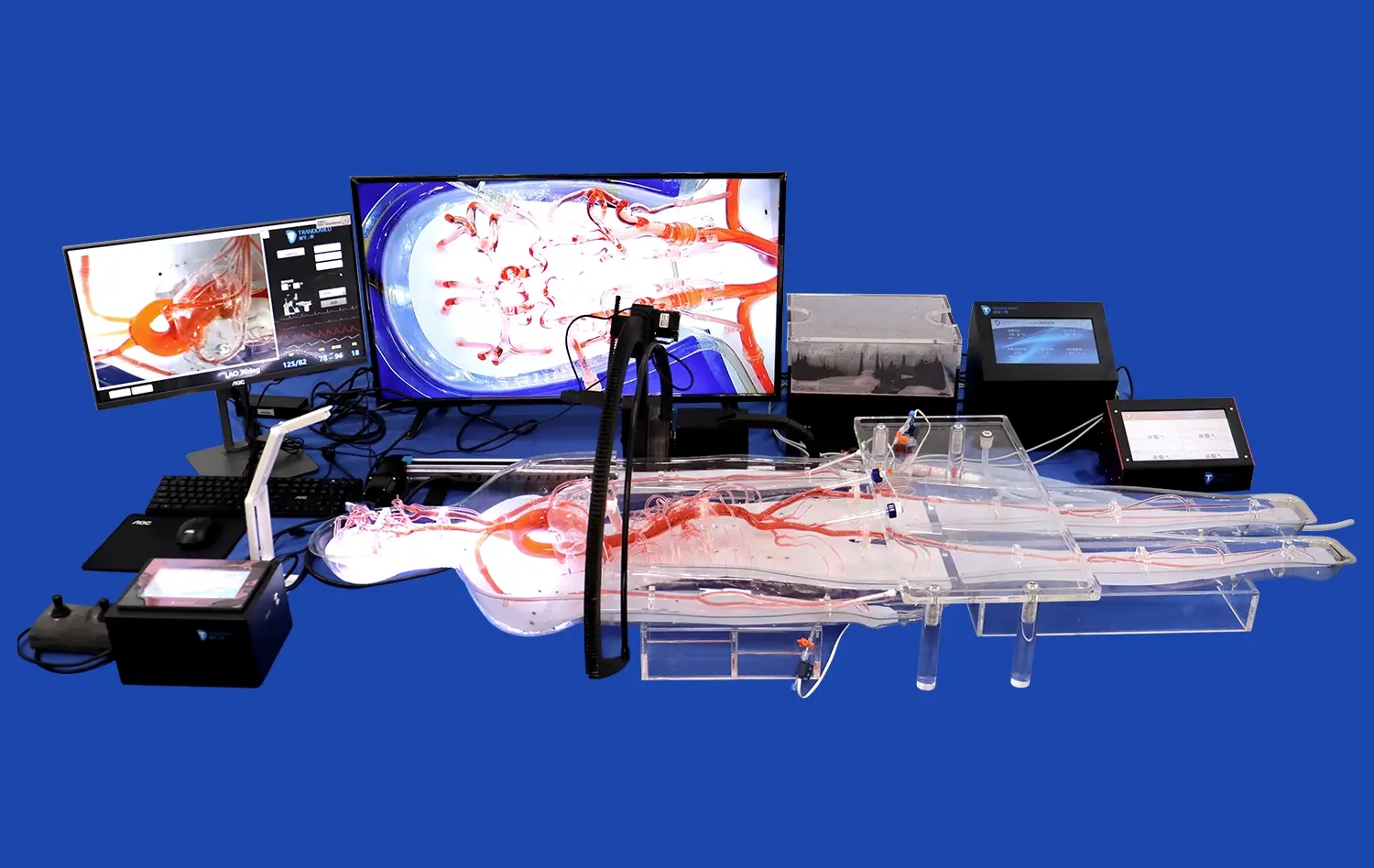
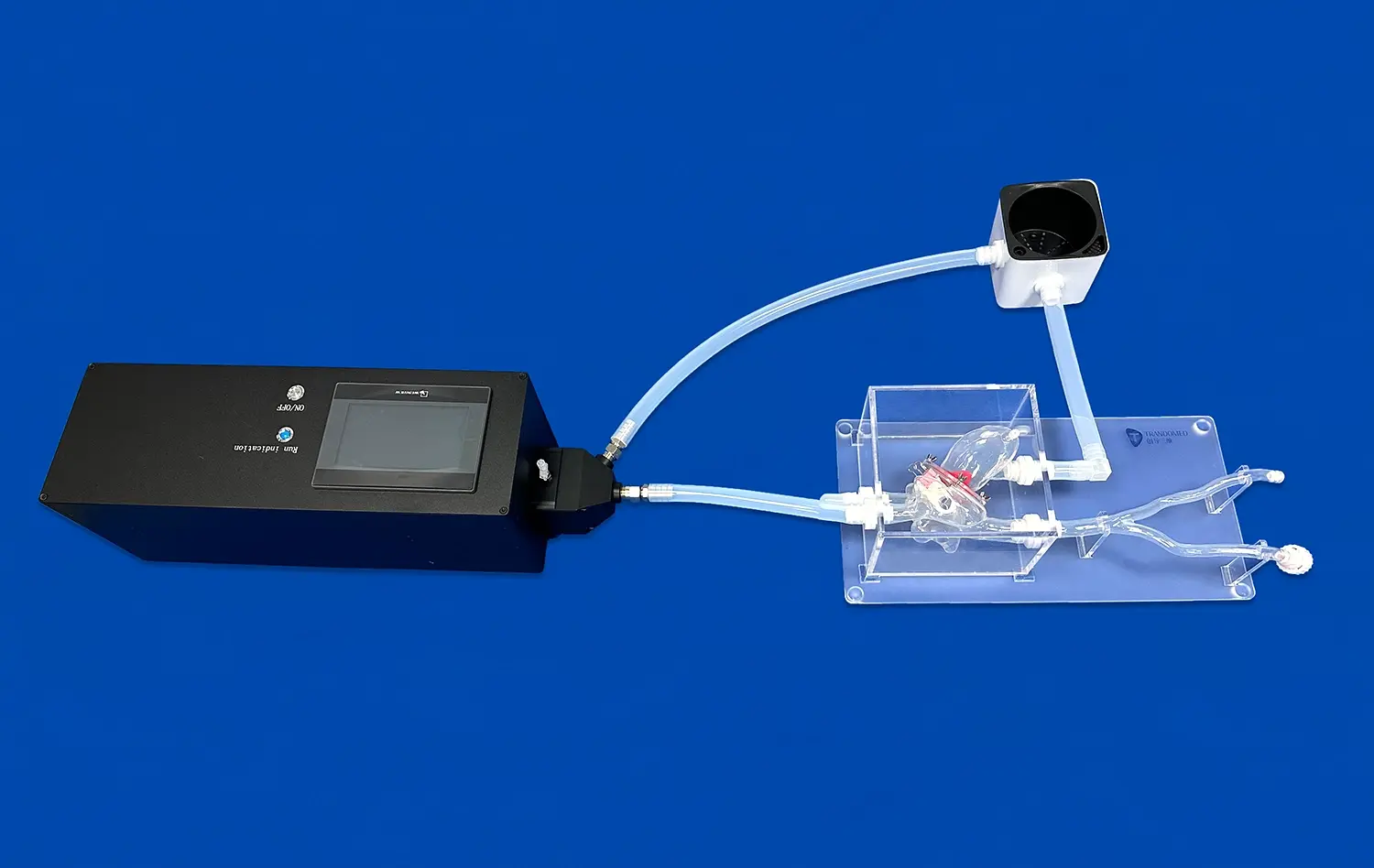
_1736214519364.webp)
